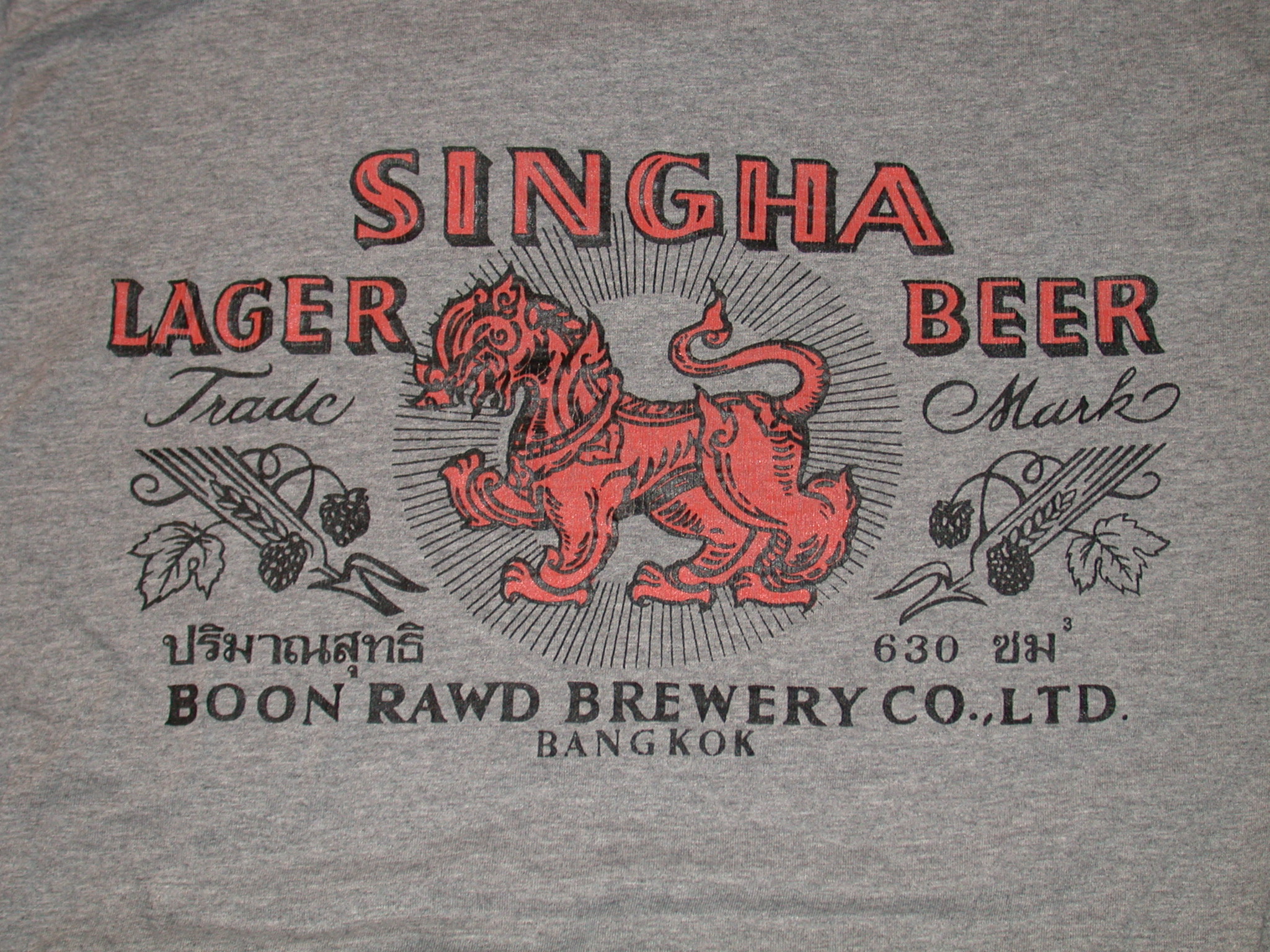Jintara Rehab Cost: Are You Ready For A very good Thing?
페이지 정보

본문
Introduction:
Alcohol detachment is a condition which occurs when people abruptly stop or notably reduce their liquor intake after prolonged periods of heavy-drinking. Its a complex and possibly deadly condition that affects millions of people global. This report is designed to provide a comprehensive breakdown of liquor withdrawal, including its symptoms, treatments, and management methods.
 Symptoms of Alcohol Withdrawal:
Symptoms of Alcohol Withdrawal:
The beginning and severity of alcohol withdrawal symptoms differ among individuals, according to aspects for instance the quantity and length of time of drinking and an individual's health. Common observable symptoms include tremors, anxiety, irritability, sickness, vomiting, sleeplessness, increased heartrate, and sweating. In serious situations, people may go through hallucinations, seizures, or delirium tremens (DTs), a potentially deadly problem described as agitation, confusion, hallucinations, and fluctuating quantities of awareness.
Treatment Options:
Whenever dealing with alcoholic beverages withdrawal, it is vital to look for health assistance and assistance. The principal aim of treatment solutions are to safely manage withdrawal symptoms, prevent complications, and facilitate the change to sobriety. Medical professionals can measure the extent of signs and discover the appropriate amount of care. In moderate instances, outpatient treatment can be administered, while more severe situations may require hospitalization.
Medications popular in liquor detachment treatment consist of benzodiazepines, which help reduce anxiety, relieve symptoms, and avoid seizures. Various other medicines such as for example antipsychotics, anticonvulsants, and beta-blockers can be used to handle certain signs or co-occurring problems. In addition, nutritional vitamin supplements, particularly thiamine (vitamin B1), tend to be recommended to avoid or treat prospective inadequacies related to excessive alcohol consumption.
Management Techniques:
And health treatments, various techniques may be employed to control liquor detachment effectively.
1. Supportive Care: Offering a supporting environment promotes a feeling of safety and comfort. This can include ensuring appropriate nutrition, hydration, and sleep, in addition to monitoring vital signs and handling any health problems which will occur during withdrawal.
2. Psychotherapy: Searching for psychological state assistance, like counseling or psychotherapy, can play a vital role in dealing with main mental or mental problems that contribute to alcohol dependency. These interventions help individuals develop coping methods, control triggers, and establish healthier alternatives to alcohol.
3. Rehabilitation products: Engaging in Jintara Rehab Chiang Mai Price programs, such as for example inpatient or outpatient centers, provides an organized and supportive environment for individuals seeking long-lasting data recovery. These programs usually combine health treatments, counseling, and peer help to handle the real, emotional, and personal components of alcohol addiction.
4. Follow-up Care: After doing preliminary detox and treatment, individuals should still look for continuous attention. This may involve taking part in support groups, going to regular therapy sessions, and obtaining follow-up evaluations assure appropriate physical and psychological state.
 Conclusion:
Conclusion:
Alcohol withdrawal is a difficult condition that needs medical help and comprehensive help. Knowing the signs, treatments, and management techniques can greatly aid in helping people properly navigate the withdrawal procedure and achieve long-lasting recovery. By giving appropriate treatment and resources, we can enhance the outcomes for anyone seeking to overcome alcoholic beverages addiction.
Alcohol detachment is a condition which occurs when people abruptly stop or notably reduce their liquor intake after prolonged periods of heavy-drinking. Its a complex and possibly deadly condition that affects millions of people global. This report is designed to provide a comprehensive breakdown of liquor withdrawal, including its symptoms, treatments, and management methods.
 Symptoms of Alcohol Withdrawal:
Symptoms of Alcohol Withdrawal:The beginning and severity of alcohol withdrawal symptoms differ among individuals, according to aspects for instance the quantity and length of time of drinking and an individual's health. Common observable symptoms include tremors, anxiety, irritability, sickness, vomiting, sleeplessness, increased heartrate, and sweating. In serious situations, people may go through hallucinations, seizures, or delirium tremens (DTs), a potentially deadly problem described as agitation, confusion, hallucinations, and fluctuating quantities of awareness.
Treatment Options:
Whenever dealing with alcoholic beverages withdrawal, it is vital to look for health assistance and assistance. The principal aim of treatment solutions are to safely manage withdrawal symptoms, prevent complications, and facilitate the change to sobriety. Medical professionals can measure the extent of signs and discover the appropriate amount of care. In moderate instances, outpatient treatment can be administered, while more severe situations may require hospitalization.
Medications popular in liquor detachment treatment consist of benzodiazepines, which help reduce anxiety, relieve symptoms, and avoid seizures. Various other medicines such as for example antipsychotics, anticonvulsants, and beta-blockers can be used to handle certain signs or co-occurring problems. In addition, nutritional vitamin supplements, particularly thiamine (vitamin B1), tend to be recommended to avoid or treat prospective inadequacies related to excessive alcohol consumption.
Management Techniques:
And health treatments, various techniques may be employed to control liquor detachment effectively.
1. Supportive Care: Offering a supporting environment promotes a feeling of safety and comfort. This can include ensuring appropriate nutrition, hydration, and sleep, in addition to monitoring vital signs and handling any health problems which will occur during withdrawal.
2. Psychotherapy: Searching for psychological state assistance, like counseling or psychotherapy, can play a vital role in dealing with main mental or mental problems that contribute to alcohol dependency. These interventions help individuals develop coping methods, control triggers, and establish healthier alternatives to alcohol.
3. Rehabilitation products: Engaging in Jintara Rehab Chiang Mai Price programs, such as for example inpatient or outpatient centers, provides an organized and supportive environment for individuals seeking long-lasting data recovery. These programs usually combine health treatments, counseling, and peer help to handle the real, emotional, and personal components of alcohol addiction.
4. Follow-up Care: After doing preliminary detox and treatment, individuals should still look for continuous attention. This may involve taking part in support groups, going to regular therapy sessions, and obtaining follow-up evaluations assure appropriate physical and psychological state.
 Conclusion:
Conclusion:Alcohol withdrawal is a difficult condition that needs medical help and comprehensive help. Knowing the signs, treatments, and management techniques can greatly aid in helping people properly navigate the withdrawal procedure and achieve long-lasting recovery. By giving appropriate treatment and resources, we can enhance the outcomes for anyone seeking to overcome alcoholic beverages addiction.
- 이전글6 Ways To Spoil Mom On Mother'S Day 23.12.16
- 다음글Read This To alter The way you Find Sex Near Me 23.12.16
댓글목록
등록된 댓글이 없습니다.